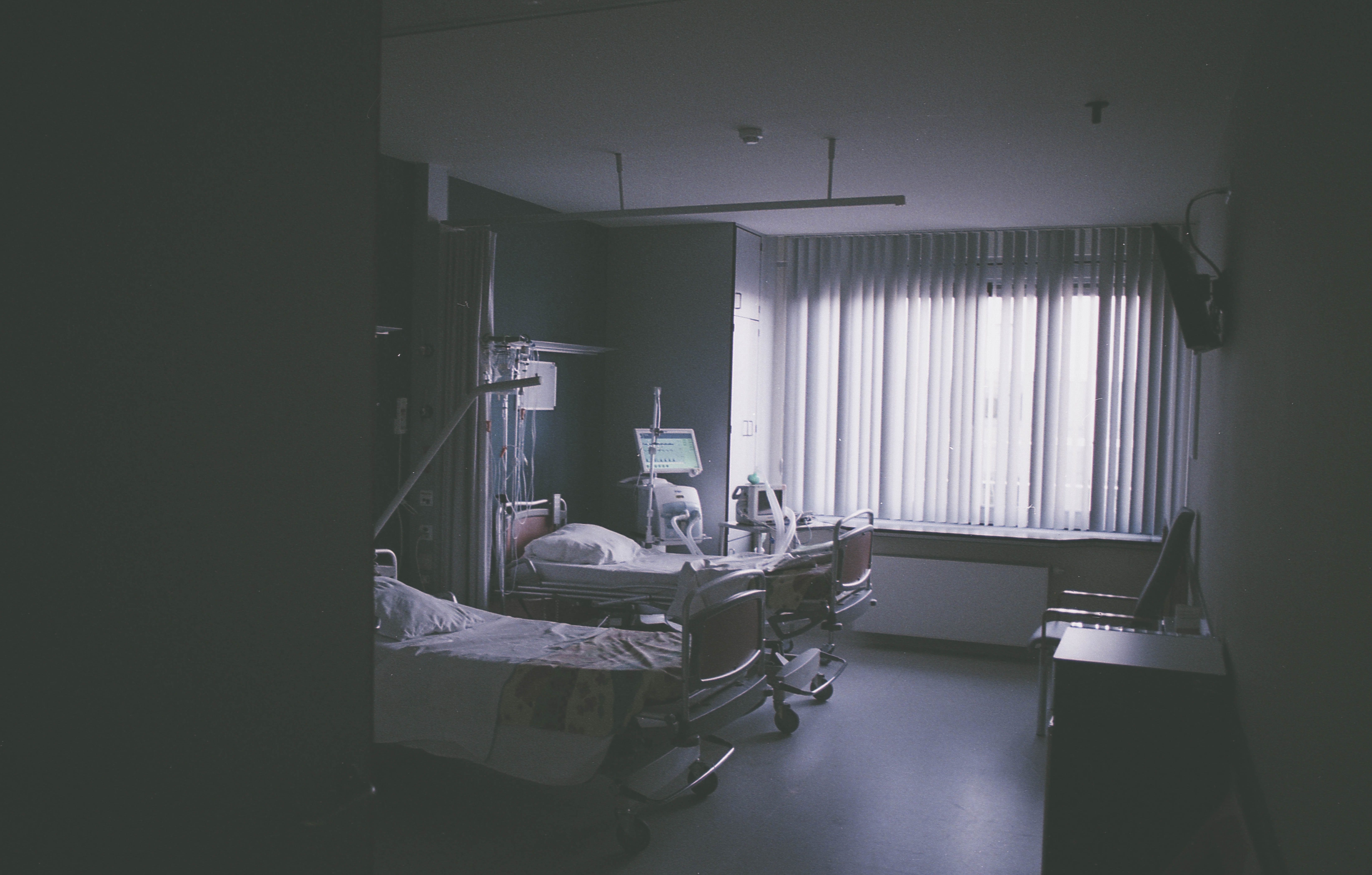With one in two Australians diagnosed in their lifetime, cancer is not an unfamiliar word in most households. What you may not know is how prevalent childhood cancer is or how life-defining its impacts are for families. According to The Kids’ Cancer Project, nearly three quarters of Australians don’t know that more kids die from cancer than any other disease.
Mary McGowan, Community Liaison Officer at the Royal Children’s Hospital (RCH), has been working in paediatric oncology for the past 40 years. She has witnessed the vast changes over the years, as cancer evolved from a disease that was a death sentence to a highly curable one with life altering side effects.
“Society in the old days was people thought it was a total death sentence and also a lot of people thought it was contagious,” she told upstart.
Childhood cancer is not just one disease but rather a collection of different diseases with many subtypes that all require different treatments. The causes are still largely unknown and there are no known preventions.
Despite the great strides made in curing childhood cancer, for some types there’s still no available successful treatments. And for most, the treatments cause severe life altering effects.
24-year-old Kaitlyn O’Kane was diagnosed with the aggressive brain cancer Medulloblastoma over a decade ago. She is still faced with many challenges caused by the chemotherapy and radiation therapy used to treat her. O’Kane was left with a range of side effects, including permanent hair loss, fertility issues, chronic fatigue, and nerve damage.
“People expect you to be that same person but you’re not,” she told upstart. “It’s such a big part of my life still. In the media, cancer is often portrayed as a life-threatening disease, as it is, however there is very little awareness beyond just that.”
O’Kane cites a movie where two of the characters, both going through cancer treatment, began dating and were intimate in one scene, which she found unrealistic.
“I got really pissed off with the movie just for that little bit,” she said. For her, chemo would not have allowed her the energy for any of that. “You just feel like a dead person.”
With childhood cancer, the impacts are not isolated just to the patient but include the family, friends and school community.
There are also massive impacts to the siblings, as there are extensive disruptions in their home life and they often need to be looked after by extended family or friends. Cancer is isolating, friends often drift away as they spend less time with the suffering child and can even be too confronted by the topic to be able to talk to them. Many siblings feel angry, anxious, or deeply saddened having to witness a sibling going through the long gruelling treatments.
Nina Doyle, whose sibling was diagnosed with pleuropulmonary blastoma in 2002, wrote in a piece for St. Baldrick’s Foundation describing her experience.
“The words ‘your brother has cancer’ still ring in my ears to this day,” she wrote. “Our whole family felt helpless.”
Meanwhile, the impacts on the parents are not just psychological and emotional. There is often a huge disruption to the family’s financial stability despite the support given by charities and the government.
Merridy Justice, the family resource coordinator at the Royal Children’s Hospital (RCH), sees the families through their oncology treatment. Among other things, Justice provides parents a shoulder to lean on and checks up on them during their stay in the hospital. The sudden diagnosis of a life-threatening illness puts a family under an enormous amount of stress. Often a parent will stay in the hospital with the child as they undergo treatments.
“You put somebody under a lot of stress and then they don’t get much sleep – it’s almost like torture,” she told upstart.
Lisa O’Kane, Kaitlin’s mother says that parents often don’t look after themselves very well while in the ward, as all their focus is on their child. O’Kane still remembers the incredible support Justice provided her through her daughter’s treatment.
“It’s not just about the little kids. It’s about us big kids too,” Justice said.
As many parents take time off work or may even quit entirely, money can also become an issue. They also have to deal with extra expenses like the cost of treatments, travel expenses, or other increased living expenses.
A lot of the support for oncology families comes from charities which pay the salaries for additional support staff in the cancer centre. Merridy’s vital role is entirely funded by the Children’s Cancer Foundation.
McGowan illustrated the importance of working together to improve outcomes for children. Giving time, spreading awareness, donating money or blood all helps to support childhood cancer.
“I don’t think any of us know enough about how valuable blood is until you really need it,” she said. “Working together works.”
Article: Joshua Negri is a first-year Bachelor of Arts (Creative and Professional Writing) student at La Trobe University. You can follow him on twitter at @DyreJoshuaNegri
Photo by Daan Stevens on Unsplash







